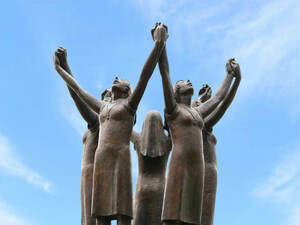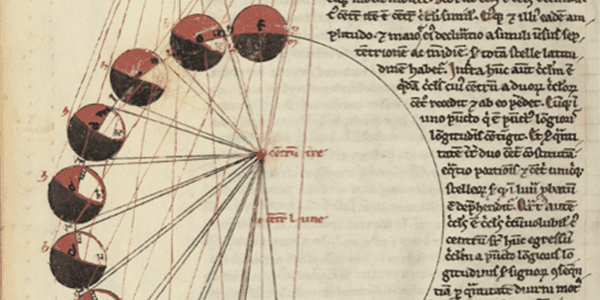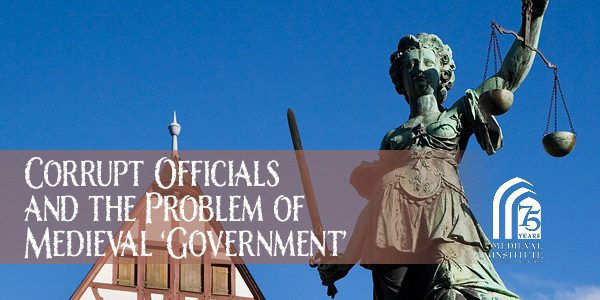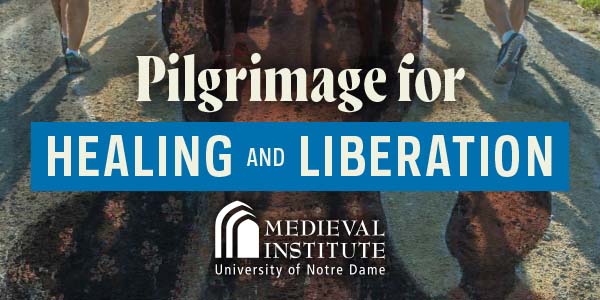Twelfth Triennial Conference on the History of Women Religious To Be Hosted at Notre Dame from June 26–29 with Theme “Diversity and Dignity Across Time and Place”

The Conference on the History of Women Religious (CHWR) was established in 1988 both to assist historians in discovering and preserving the historical record of vowed women and to integrate their stories into the larger narratives of their times and places.
The organization’s conference brings historians and archivists of women religious together at the University of Notre Dame to discuss current and future work addressing the conference theme, “Diversity and Dignity Across Time and Place.” Throughout their histories, women religious have celebrated and struggled with many aspects related to diversity in their personal lives, congregational histories, and ministries. At the same time, their work has often focused on upholding the “dignity of the human person,” particularly the dignity of women. This conference seeks to explore aspects of diversity and dignity within the history of women’s religious congregations around the world. How did congregations (and individual sisters and nuns) respond to internal issues of diversity and dignity? And how did they seek to encourage diversity and dignity through their many ministries?
This conference is hosted by Notre Dame’s Cushwa Center for the Study of American Catholicism and cosponsored by the Medieval Institute, Saint Mary’s College (Notre Dame, Indiana), and the Center for Spirituality at Saint Mary’s College.
Participants gave more than 100 presentations over the course of more than 30 sessions.
Diane Batts Morrow (University of Georgia, emerita) provides the conference’s keynote address. Batts Morrow is the author of Persons of Color and Religious at the Same Time: The Oblate Sisters of Providence, 1828–1860, which received the Distinguished Book Award from CHWR in 2004. Batts Morrow addresses the conference themes of diversity and dignity through her research on the Oblate Sisters, the first religious community for Black Catholic women in the United States.
Another highlight of the conference is a presentation by Margot Fassler, MI Faculty Fellow and the Keough-Hesburgh Professor of Music History and Liturgy at the University of Notre Dame. For the past seven years, Fassler has been working on a digital model of the 12th-century Benedictine abbess Hildegard of Bingen’s vision of the cosmos, the so-called “Cosmic Egg,” which she recorded in her first mystical-theological treatise, Scivias. Fassler recently finished the model and set it to Hildegard’s music. She is now preparing to take the model on exhibition to planetaria across the world. This exhibition will coincide with the publication of her monograph on Hildegard’s cosmology.
The conference was coordinated by MI Faculty Fellow Katie Bugyis in coordination with Carol Coburn, Heidi MacDonald, Margaret McGuinness, Donna Maria Moses, O.P., and Jacqueline Willy Romero.
Learn more at cushwa.nd.edu.
February 21, 2023



